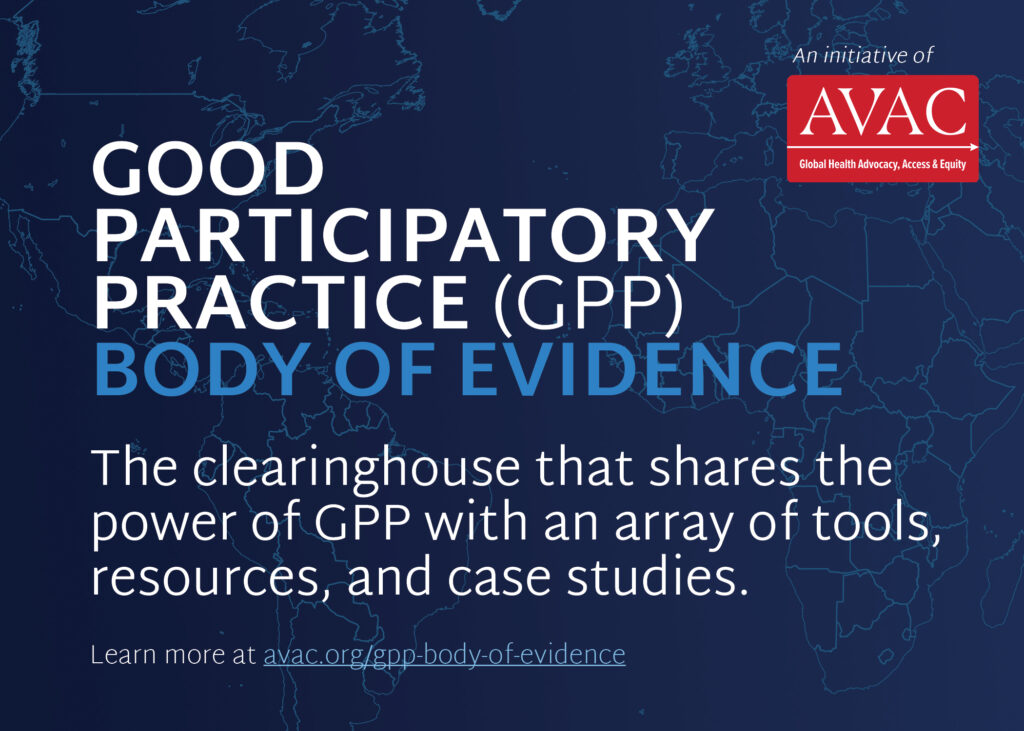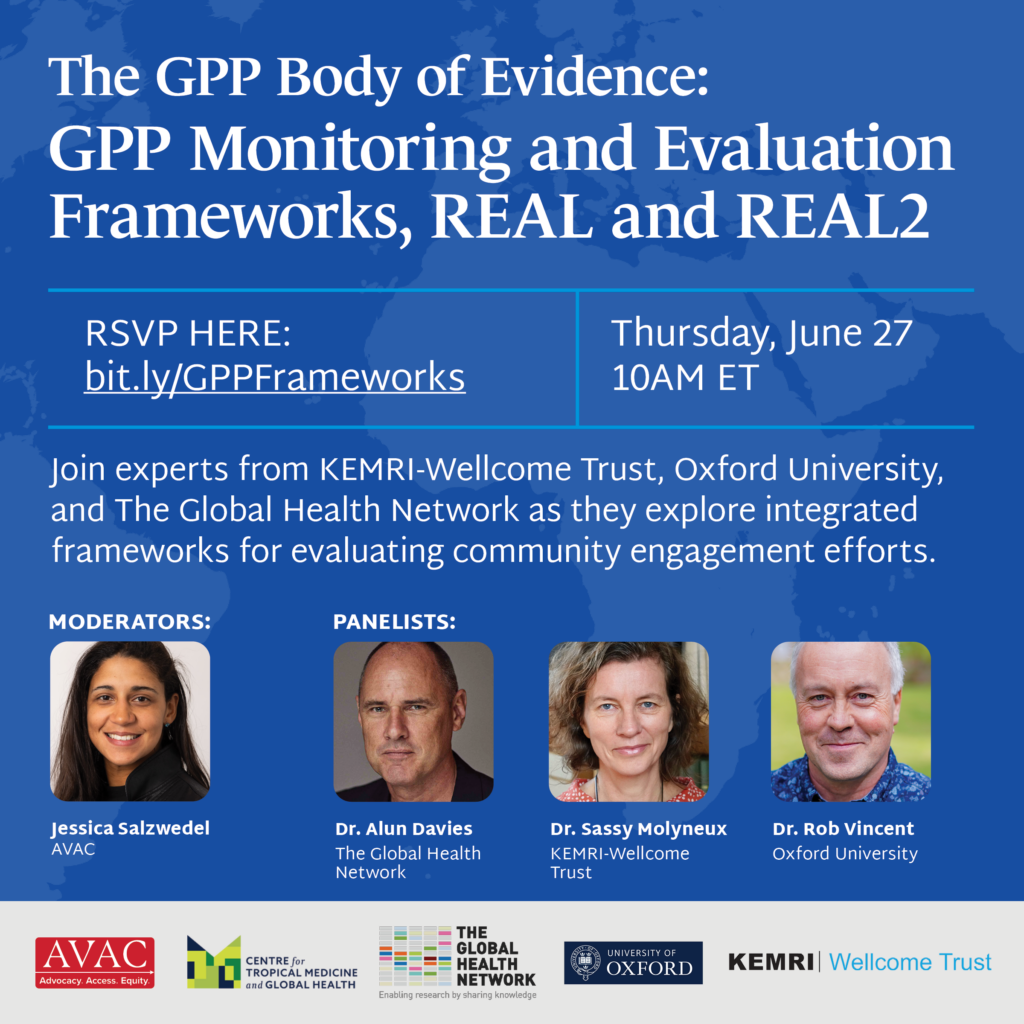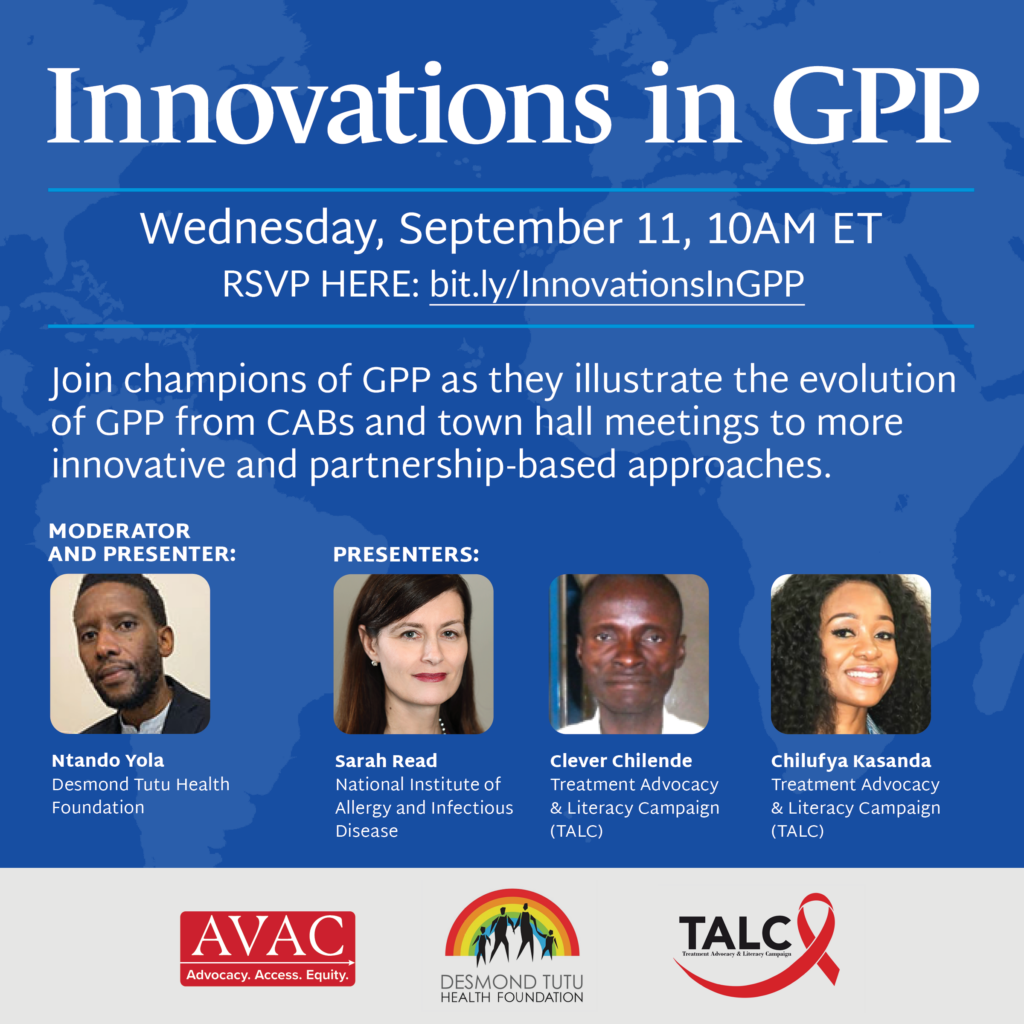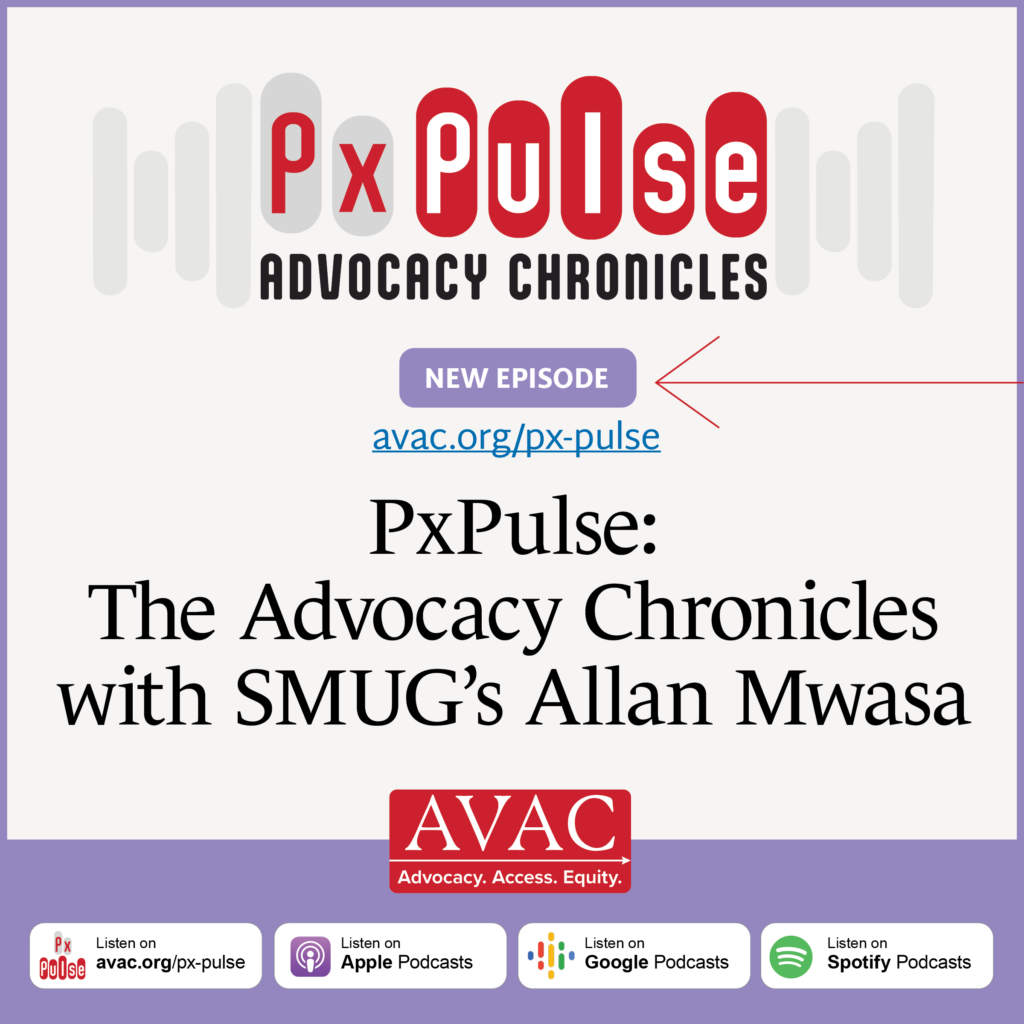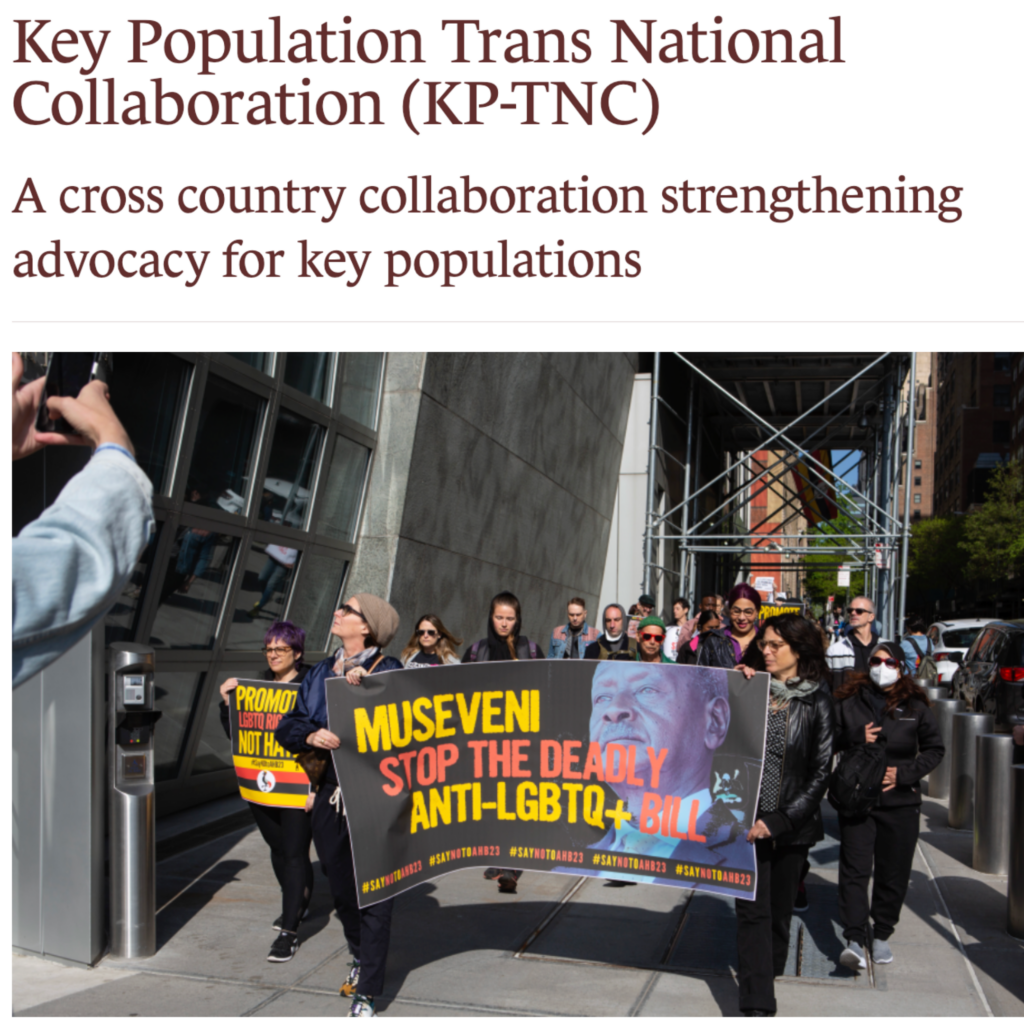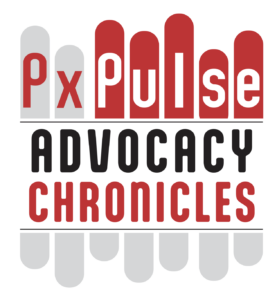AIDS2024, this year’s annual conference of the International AIDS Society opened with a spotlight on troubling trends. A series of preconferences took on critical topics including supporting key populations in a time of increasing discrimination; new and novel research and implementation of STI prevention and treatment, witnessing a soaring rise in incidence; and the importance of implementing new PrEP options to create more choice for people who need HIV prevention most.
Key Populations at the Center of the Response
Breaking Barriers: Insights and Realities from Key Populations in HIV Prevention, organized by Global Black Gay Men Connect (GBGMC) and AVAC, featured the voices of speakers representing migrants, people who inject drugs, sex workers and LGBTQI+ people and the release of a new report, Making Rights a Reality: A GBGMC Roadmap. GBGMC executive director and former AVAC staffer, Micheal Ighodaro said the report challenges the “misinformation and complacency that assume the world can achieve HIV sustainability, biomedical HIV prevention progress and global health security without key populations’ leadership and insight.”
AVAC’s Cindra Feuer offered context on impending reductions in global spending on the HIV response, occurring not because resources are limited but because of waning interest. Inform your advocacy with AVAC and GBGMC’s 2023 Global HIV Prevention Roadmap for Key Populations.
AVAC’s Kenyon Farrow presented on why researchers, implementers and community advocates can and should all play a role in shaping the PrEP pipeline, and how innovation in the pipeline should be implemented.
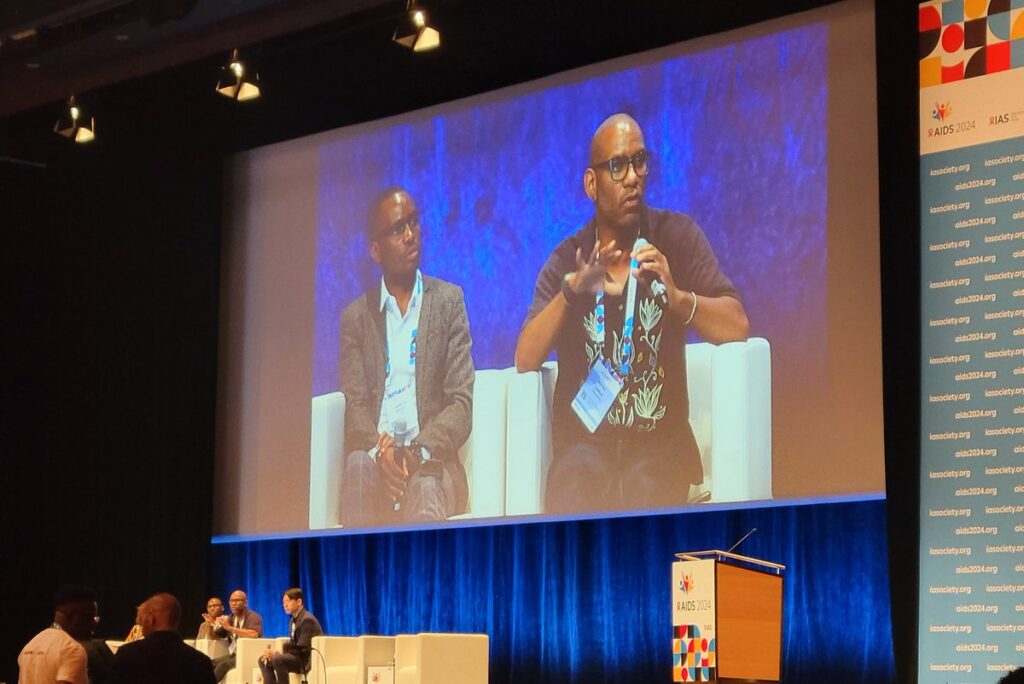
Why STIs Matter
The preconference, Mobilize for Action on Sexually Transmitted Infections addressed the urgent need to confront the global spike in STI rates, particularly syphilis, gonorrhea, chlamydia, and trichomoniasis. Epidemiological data shows alarming growth in STI rates, and speakers discussed the morbidity and mortality that they’re causing, and an underfunded infrastructure for researching new diagnostics, antibiotics, vaccines and other treatments.
Perhaps no more sobering of a statement was made than by Dr. Jeanne Marrazzo, director of NIAID, when discussing the number of global deaths from something as treatable as syphilis. “I think some of the more staggering statistics here, in addition to the sheer number of new infections, is the fact that we had in 2022 over 200,000 syphilis-associated deaths, which to me is practically medieval.”
In addition to research for new treatments and increases in STI program funding, Alison Footman, AVAC’s senior program manager of STIs said it’s equally important to strengthen the capacity and role of community advocates in fighting STIs.
“AVAC partners with many organizations across East and Southern Africa who are raising the profile of STI advocacy. From their guidance, we know there’s a need for community advisory boards [to be] involved in STI research. It can and will improve essential research.”
Alison Footman, AVAC
A rigorous debate explored the question of implementing DoxyPEP, given there’s no efficacy data for cisgender women in light of fears of creating drug resistant strains of STIs from wider use of doxycycline. Strong arguments were made on both sides, but this controversy is one of the reasons AVAC recently published an Advocate’s Guide to Doxycycline to Prevent STIs.
Cure and the Next Berlin Patient
With researchers announcing what appears to be the seventh person potentially cured of HIV following a stem cell transplant, a preconference on cure research, Towards a Truly Global HIV Cure, captured a feeling of momentum driving cure research today. Donors discussed new investments in African-based infrastructure and initiatives. Scientists explained where cure research is headed in both adult and pediatric populations. But none of these topics were more important than comments from a South African participant in the FRESH cohort trial that includes an analytic treatment interruption, one of the first in Africa, emphasizing that a strong commitment to communication was the foundation to building the trust necessary for these trials. ”Sharing strategies for communication and advocacy across the field of HIV cure research will be essential for it to advance.”
PrEP Choice
With interim results of the PURPOSE 1 HIV prevention study of injectable lenacapavir (LEN) for PrEP among cisgender women and adolescent girls recently announced, the expanding landscape of PrEP options was the focus of Welcome to the Era of PrEP Choice. Organized by the Gates Foundation, Unitaid, USAID, and the World Health Organization, the message from this session echoed throughout the various presentations: Everyone has a role to play in expanding access to real choices for all who need and want them. Putting in place the right programs, policies and investment to deliver choices at scale and bend the curve of the epidemic utterly depends on a commitment to integrated, equitable, people-centered, and community-led approaches. See the latest quarterly update from The Coalition to Accelerate Access to Long-Acting PrEP, AVAC’s recent webinar on monitoring for PrEP choice to improve and simplify data, and the new Lens on LEN, an advocates guide explain the findings from Purpose 1 and next steps for advocacy.

Stay tuned for more highlights from AIDS 2024 and visit our curated conference webpage for new resources and ways to navigate #AIDS2024 including our roadmap.
